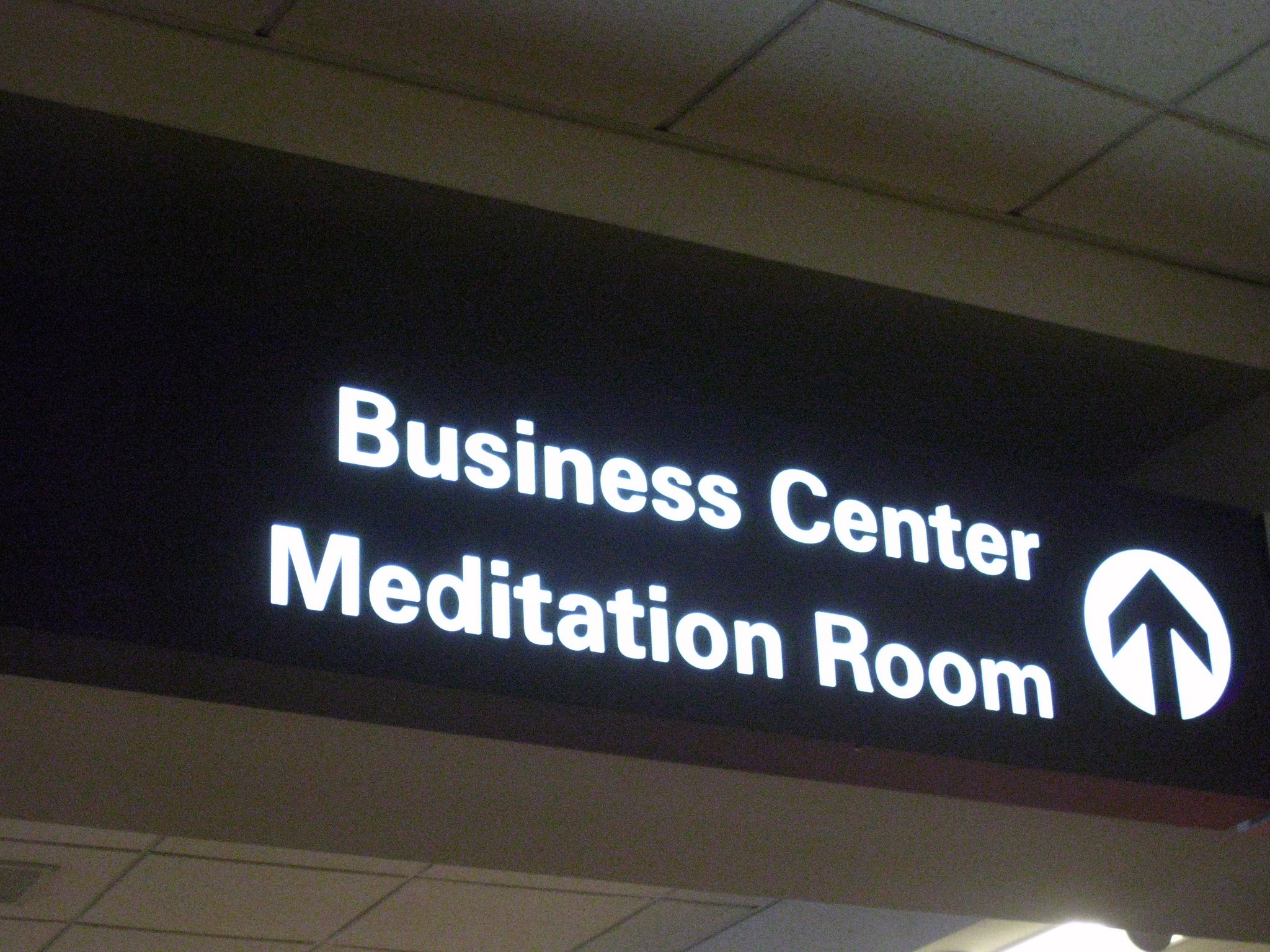If you’ve paid any attention to politics recently, particularly on Twitter, you’ve heard the word “neoliberalism.” It’s used to describe so many different politicians, ideologies, and policies that it’s hard to define what it means.
But it’s important to define, because neoliberalism shapes almost everything about our lives, even how we practice meditation—and that’s a problem.
My favorite definition comes from political scientist Wendy Brown, who says it’s “the expansion of markets—understood as competition—to every feature of life, including democracy, human social life, education, social services, and so forth.”
Think about how social media has turned our lives into a contest for attention—for more and more likes, shares, comments, “engagement.” And how high-stakes testing has transformed K-12 education into a competition with winners and losers. And how journalism has become a battle for clicks.
Neoliberalism is dog-eat-dog capitalism on hyperdrive, and the real sinister thing it’s done—what makes it different than prior forms of capitalism—is make us incapable of solving big problems together.
Climate change, gaping inequality, mass incarceration, the opioid crisis. History shows that the only way to fix these sorts of enormous problems is when massive political movements are able to force the government to increase and reprioritize its public investments.
But it’s hard to imagine another Civil Rights movement or a return to the New Deal era, when nearly a third of American workers were in a labor union.
Neoliberal logic makes us think that the solutions to our problems are individual. If you’re lonely, just post on Facebook. If you’re struggling to pay the bills, just work harder. If you’re unfulfilled at work, just quit and “do what you love.” If you’re worried about the environment, just become a vegan.
God forbid we’d band together and fight for a higher minimum wage, universal healthcare, or ending the fossil fuel industry.
What does all this have to do with meditation? Two things.
What meditation produces, mindfulness, can help you notice when you slip into this way of thinking.
When you notice your mind is off in the future, telling yourself to hustle, to work harder, to pull on your bootstraps, let go of the thought. Note silently in your mind, “thinking”—or even “neoliberalism.” Bring your attention back to the sensations of your breath, feelings in your body, and the sights and sounds around you.
Mindfulness won’t stop you from neoliberal thinking, but it can help you notice when you’re in the trance and snap out of it.
And two—I meet so many people who are trying to get into meditation by themselves. They want to know what apps to use, how often they should practice, what books they should read.
Go figure: meditation is being filtered through neoliberal logic. Corporations are rolling out mindfulness programs for employees left and right. Meditation is on every list published about what to do to have a more productive day.
“[Meditation] can provide benefits, but the way they’re being deployed is a neoliberal cooptation, where they are then refashioned as performance enhancement methods in alignment with institutional goals, whether it’s a corporation or the military,” writes Ron Purser, professor of management and practicing Buddhist.
When I got started with meditation, I learned from other people, like, in the flesh, in real life—but it took me awhile to get there. I’d spent years as what Zen priest Roshi Joan Halifax calls a “book Buddhist,” reading about meditation but rarely actually practicing it.
Then a girlfriend took me to a class. Seeing other people meditate—people that looked like me, normal people—encouraged me to do it more often. Going on a weekend retreat with 20 people, albeit strangers, motivated me to meditate every day. Talking about mindfulness with other people inspired me to learn how to teach meditation.
It’s absurd that this has to be said, but to really embrace meditation—and to live in a society that has a shot at solving climate change and our many other crises—we need other people.
Free ebook on mindfulness meditation
My ebook, How to Get Out of Your Head, will help you start or stick with a regular meditation practice. Get it for free here.
Listen to my podcast Meditation for the 99%
On Meditation for the 99%, I take meditation out of faraway monasteries, expensive retreat centers, and Corporate America, and bring it to work, relationships, and, especially, politics. Listen everywhere podcasts are available.
